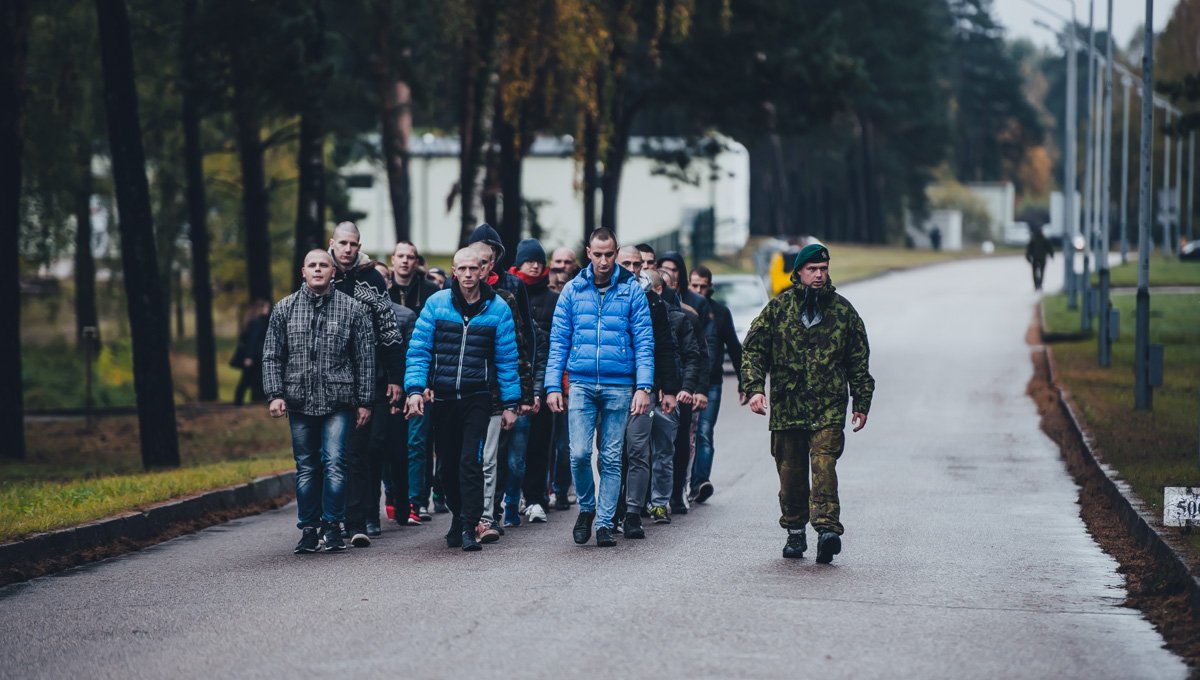

P. Čilinsko nuotr.
“National defence funding will remain vital in the years to come. Its size will depend on geopolitical challenges and threats and the country’s financial capacity,” Grybauskaitė told BNS through her spokeswoman Daiva Ulbinaitė.
“The National Security Strategy, which has been just adopted by the Seimas, provides for consistently increasing national defense funding to reach the minimum level of 2 percent of the gross domestic product in 2018 at the latest and for ensuring a further gradual increase in funding. Therefore, it is not appropriate to tie ourselves to concrete figures,” she added.
The parliament’s Committee on National Security and Defence decided on Tuesday that political parties should update their 2014 agreement on defense policies to set a 2.5 percent of GDP target for defense spending in 2020.
Prime Minister Saulius Skvernelis and Viktoras Pranckietis, the speaker of the Seimas, have said that they back the proposal.
Vytautas Bakas, the committee’s chairman, has said that Lithuania needs a bigger defence budget to ensure cyber security and prepare for universal military conscription.
In the 2014 agreement, political parties agreed to raise defence spending annually until it reaches 2 percent of GDP. The current government has pledged to achieve the 2 percent target in 2018.
This year’s defence spending is planned at 1.8 percent of GDP.
On March 31 morning, Minister of National Defence Dovilė Šakalienė announced that an M88 armoured…
I admit it: I’m not that type of person who follows domestic and international politics…
While Prime Minister Gintautas Paluckas does not take issue with the statements made by the…
Lithuanian economists are surprised to see our country's economic growth: the Estonian economy has been…
"The fate of Nemuno Aušra (Dawn of Nemunas) in the coalition has been decided; they…
Airvolve, a Lithuanian dual-purpose aeronautics company, has successfully completed its first round of testing and…